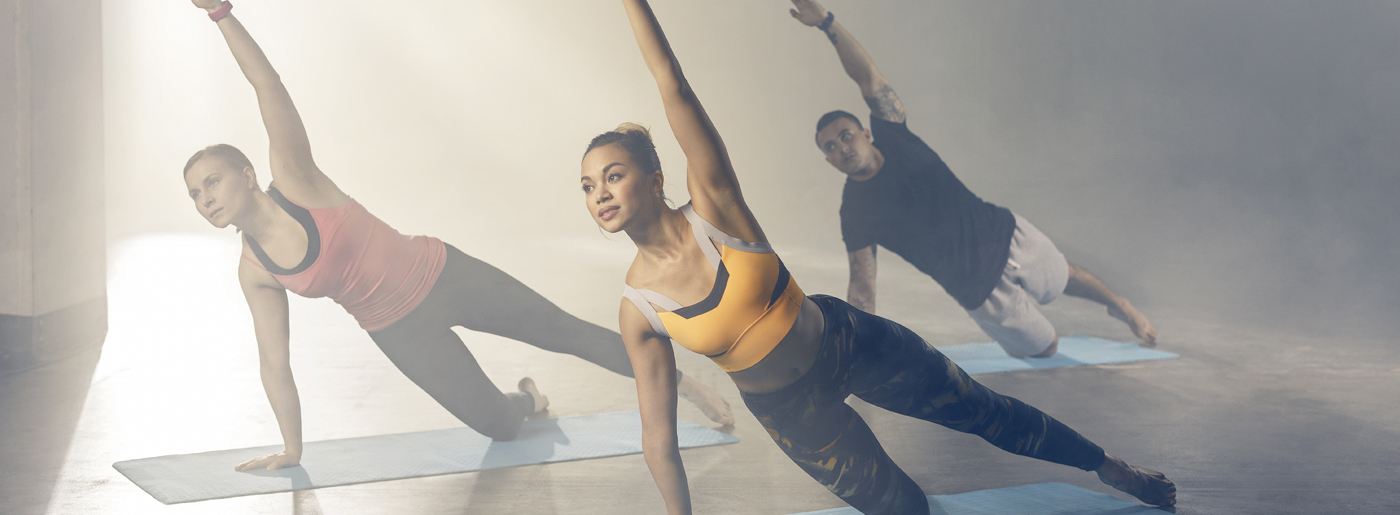A good post-workout recovery routine is the reward your body deserves after being put through its paces with a strenuous workout.
By incorporating a few simple recovery activities into your fitness program, you are allowing your body to recover, repair and rejuvenate.
Here are my favourite post-workout recovery tips.
post-workout recovery tip #1: stay hydrated
Hydration during and after a workout session is extremely important. Even a minimal loss of fluid can impact on performance and so it’s essential to remain hydrated at all times.
Our bodies maintain temperature by sweating. When we sweat we are losing body fluids and so drinking water is necessary to replace the fluids lost and ensure our muscle function is kept optimal.
Understanding your body and your sweat rates during different types of activity will help you formulate a plan. Use this information to keep hydrated during your workouts and know what you need to give your body post workout.
post-workout recovery tip #2: stretch it out

Stretching is one of the best ways to reduce muscle soreness and fatigue after a workout. It also helps the body to repair. If you’re time-poor, I recommend you focus on the muscle groups that were working the most during your workout session.
Stretching immediately or soon after a workout while your muscles are still warm, will ensure increased blood circulation and allow the breakdown of lactic acid released during high intensity activity.
A good stretch also contributes to increased flexibility and reduces the stiffness that comes with “leg day.”
Three to four stretches on each muscle group will give your body and mind time to reset. As you unwind and your body cools down, you can monitor how quickly your heart rate decreases after a workout (if you’re wearing a fitness watch with HR, that is).
Remember stretching should be enjoyable. In this instance, the ‘’no pain, no gain’’ theory doesn’t apply. Be kind to your body and know your limits.
post-workout recovery tip #3: Fuel with food
You need to fuel your body with the right foods post workout to get the most for your efforts. I know many people simply don’t feel up to eating after a workout, but it’s necessary.
If you’re doing intense training programs, I strongly recommend to increase protein intake. By investing in a respected whey protein powder you can easily make a quick smoothie that is easy to digest, tastes great and will be absorbed by your body quickly and effectively.
A banana can re-energize those muscles and reduce cramping.
During your workout, it’s likely that your potassium and magnesium levels will be depleted so your body will thank you for a hit of the good stuff: bananas are always a favourite, packed full of potassium.
post-workout recovery tip #4: Low impact activity

There is no need to go hard everyday.
Your body will appreciate a day of rest or at least the inclusion of a low-impact activity.
A 30-minute walk or bike ride can do wonders for stiff and tired muscles.
Low impact activity can aid recovery as it will encourage blood flow and stimulate circulation to the muscles, reducing tension and allowing the muscles to revert to their original form.
post-workout recovery tip #5: Solid sleep
Our bodies need rest.
Sleep should definitely be part of your recovery routine. A good night’s sleep gives your body the time it needs to relax and restore itself.
You’ll be amazed by the difference in the quality of your sleep.
Try to aim for at least seven hours each night (preferably eight or nine) and to maximize your restfulness, wind down your mind and stay away from any technology at least 30 minutes before going to sleep.
A lack of sleep has been proven to reduce energy levels and mental awareness and negatively affect your physical readiness and training. So, sleep is crucial for post-workout recovery and for the well-being of both body and mind.
If you liked this post, don’t forget to share so that others can find it, too.
Or give it a thumbs up!
I like this article
Please note that the information provided in the Polar Blog articles cannot replace individual advice from health professionals. Please consult your physician before starting a new fitness program.





